Insect & Pests
All Insect & Pests Content
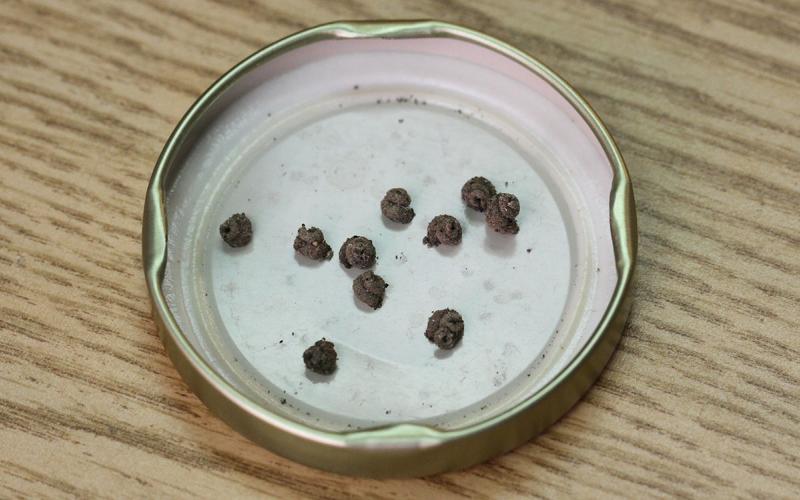
Snailcase Bagworms in South Dakota
A unique insect that has been observed in South Dakota is the snailcase bagworm. Snailcase bagworms are wingless moths that spend their entire life in spiral-shaped “snail” cases, which they build around themselves using a combination of silk, soil particles and fecal matter.
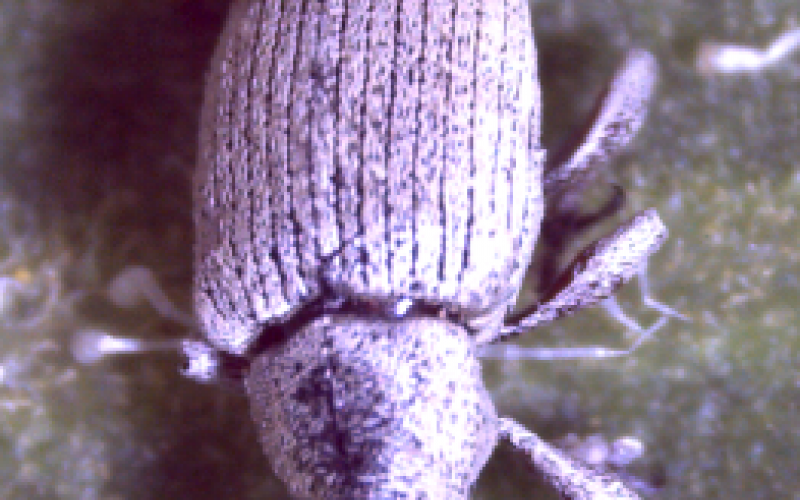
Gray Sunflower Seed Weevils
Gray sunflower seed weevils have been spotted in sunflower fields this week. Although they are a non-economic pest there are times when they can have population outbreaks and reduce sunflower yields.
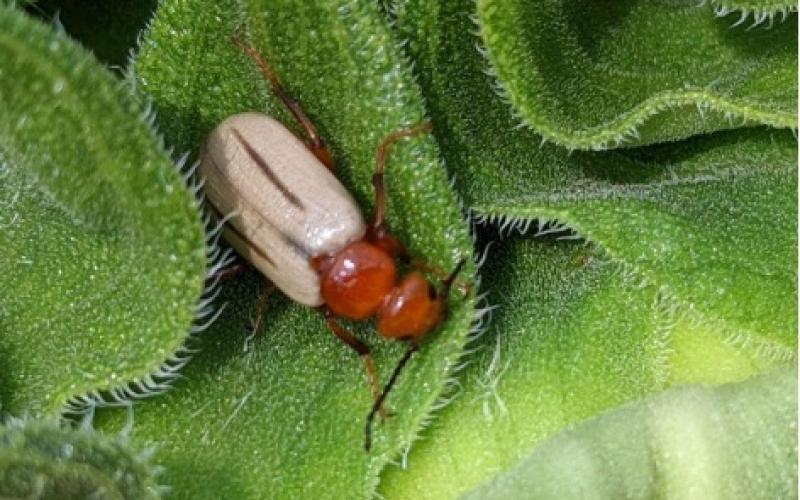
Zonitis Bilineata on Sunflowers
While scouting sunflower last week we noticed beetles that were present throughout the field on the developing buds. These beetles weren’t feeding on the buds or the bracts that they were often on. So, what were they doing on the sunflowers?
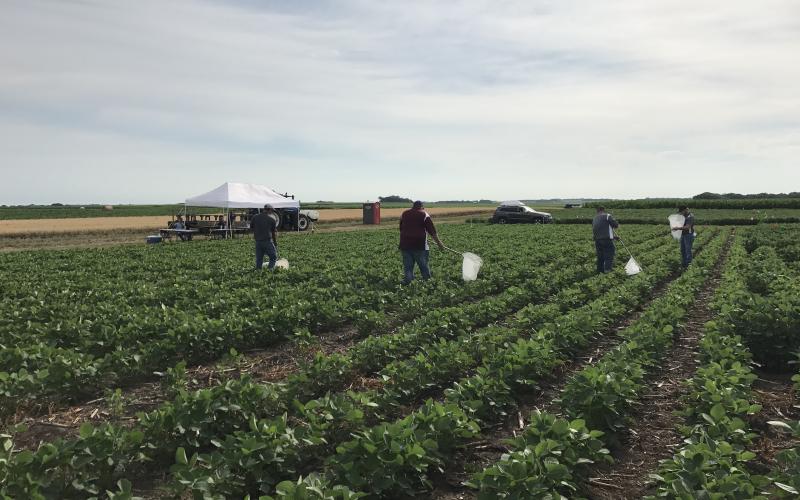
SDSU Extension to Offer Integrated Pest Management Field School Online
July 30, 2021
South Dakota State University Extension will kick off its 13th annual Integrated Pest Management (IPM) Field School Aug. 1.
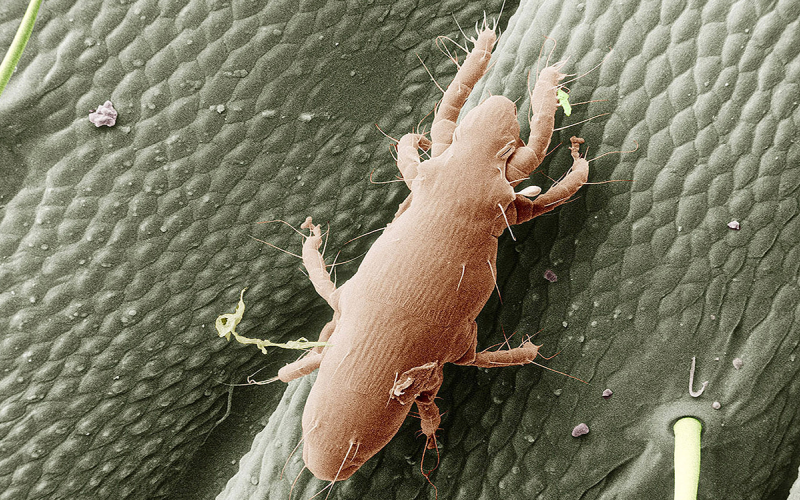
Straw Itch Mites
Straw itch mites, also known as hay mites or grain mites, can be a major problem when present in hay or grain. The best way to avoid a straw itch mite infestation is to keep commodities at low moisture levels and bale straw when it is thoroughly dry.
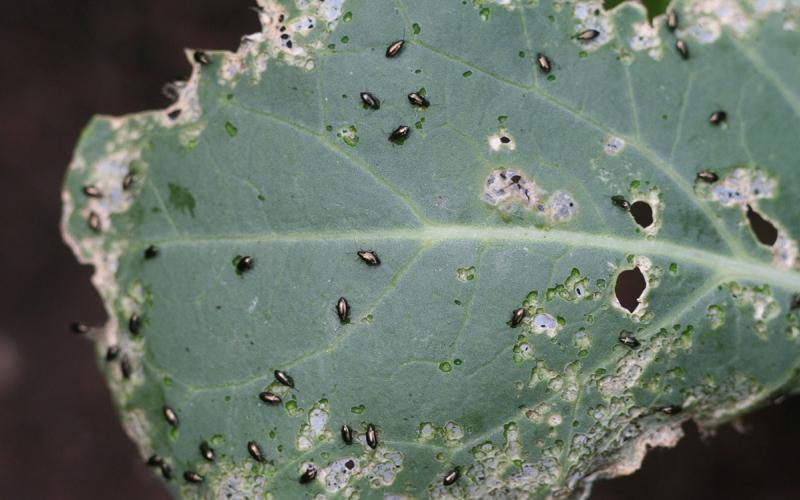
Flea Beetles Causing Issues in Canola
Large flea beetle populations in canola have been observed in neighboring states and within South Dakota. The hot, dry and sunny conditions that we have been experiencing throughout 2021 have been ideal for flea beetle populations.
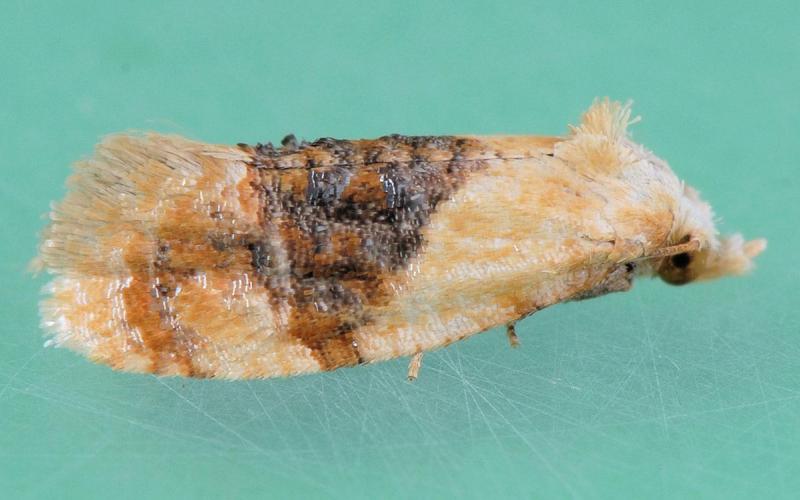
It’s Time To Start Scouting For Banded Sunflower Moths
Sunflowers throughout South Dakota are quickly approaching the R3 growth stage, which means it’s time to start scouting for banded sunflower moths. Banded sunflower moths are capable of reducing yields due to their caterpillars feeding on the bracts, florets and seeds.
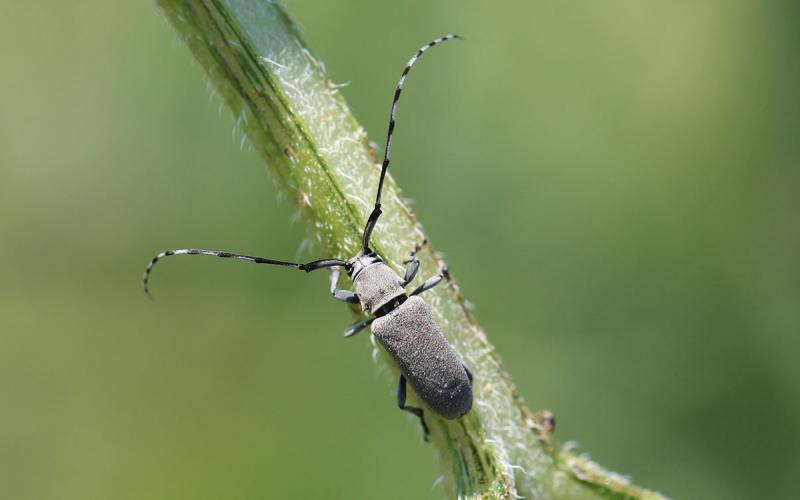
Dectes Stem Borer May Be More of an Issue During 2021
Dectes stem borers are an annual pest of sunflower in South Dakota. During most years, they do not cause major issues in sunflower. However, we have observed increased issues with this pest during dry years.
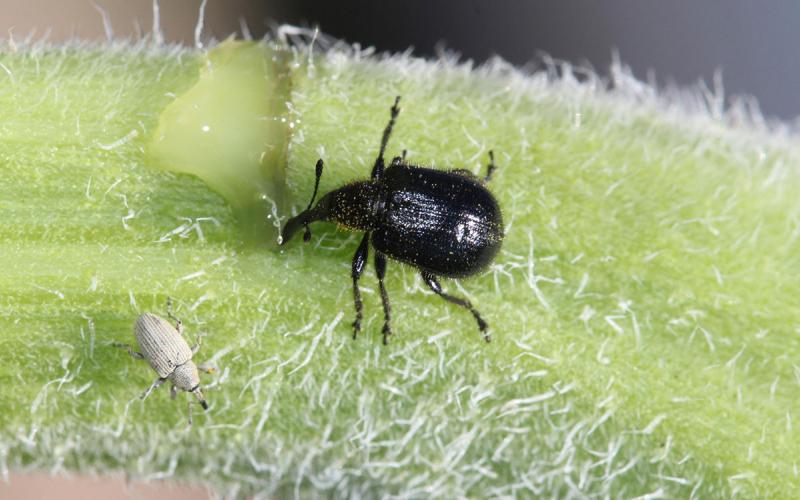
Headclipping Weevils in Sunflower
Headclipping weevils have been active in some sunflower fields and in ornamental sunflower throughout South Dakota. Although the headclipping weevil is considered a minor pest of commercial sunflowers, it can cause a lot of problems for individuals trying to maintain sunflowers in their yards and gardens.
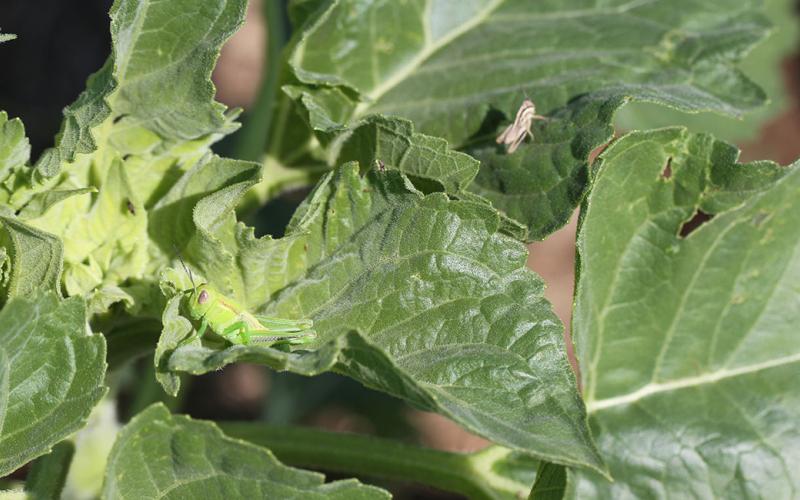
Grasshoppers Already Moving Into Sunflower Fields
With grassland food sources being depleted earlier than usual due to drought, grasshoppers are moving into nearby crops in search of vegetation. In parts of western South Dakota, grasshopper nymphs have already been observed feeding on young sunflower plants.